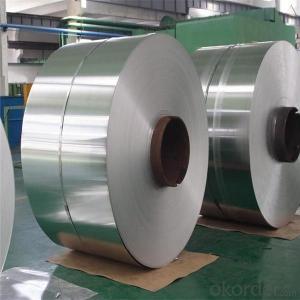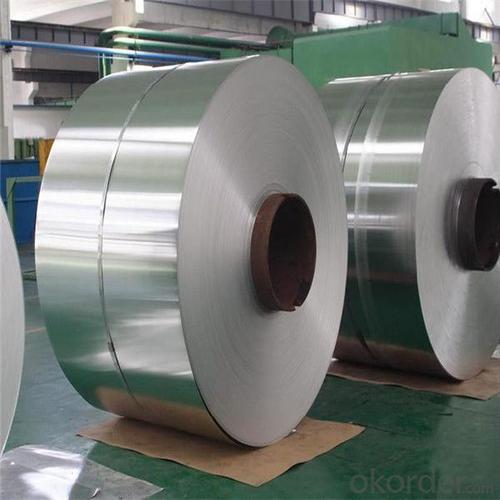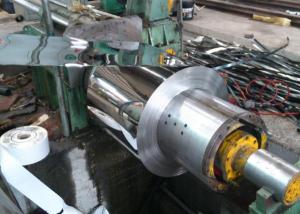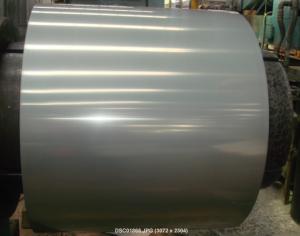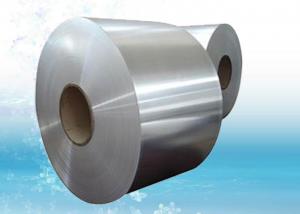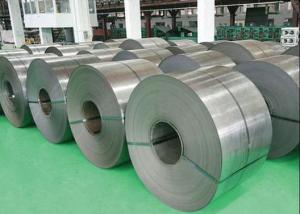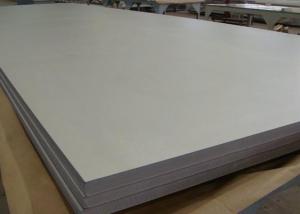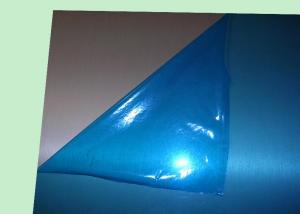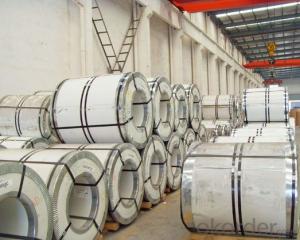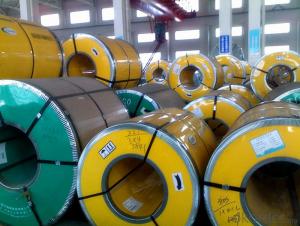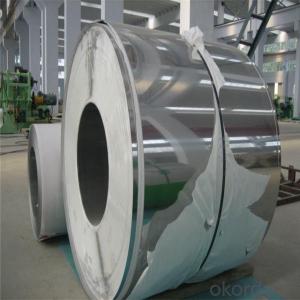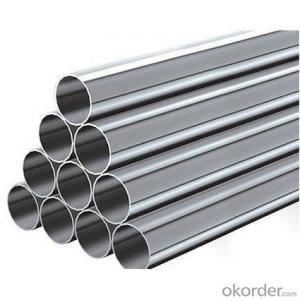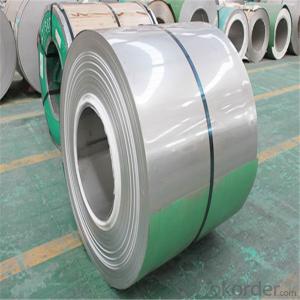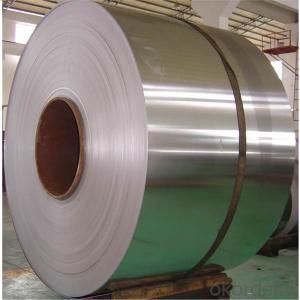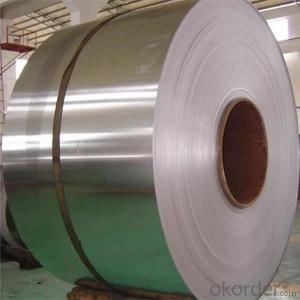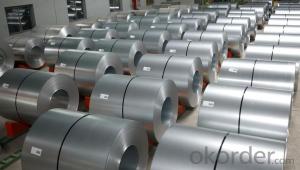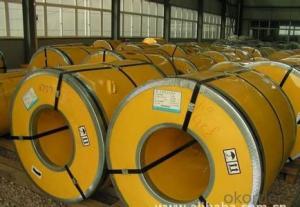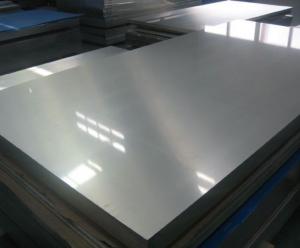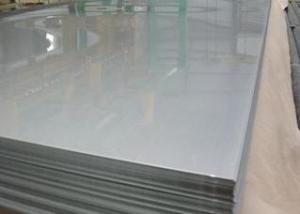Stainless Steel Coil Price Per Ton 321 Quality
- Loading Port:
- Shanghai
- Payment Terms:
- TT OR LC
- Min Order Qty:
- 4 m.t.
- Supply Capability:
- 50000 m.t./month
OKorder Service Pledge
OKorder Financial Service
You Might Also Like
Specification
Thickness | 0.1 mm-100mm |
Width | 1000mm, 1219mm, 1240mm, 1500mm, 1800mm, 2000mm |
Length | 2000mm-6000mmor as customer request |
Standard | ASME, ASTM, EN, BS, GB, DIN, JIS, etc |
Material | 201, 202, 301, 321, 304, 304L, 316, 316L, 309S, 310S, 410, 430, etc |
Surface | 2B, BA, 8K, No. 4 No.1 |
Mill: | TISCO, LISCO, BAO STEEL |
Packaging | Standard export sea-worthy packing |
Technique | Hot rolled / cold rolled |
Delivery time | 10-25days |
Supply ability | 700 metric tons/ month |
Payment terms | L/C, T/T |
Application range | Foodstuff, gas, metallurgy, biology, electron, chemical, petroleum, boiler, nuclear energy Medical equipment, fertilizer, etc. |
Note | We can produce other standard as the customers' requirement |
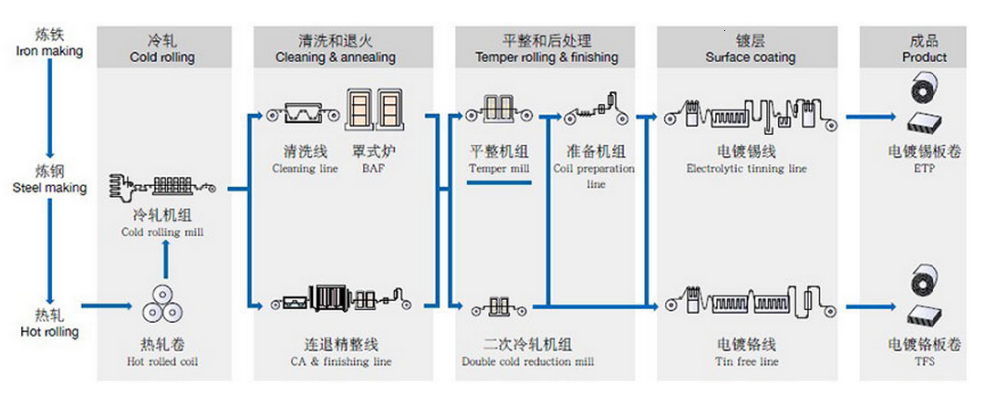
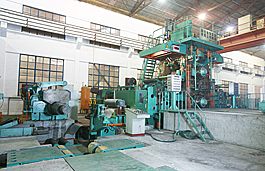
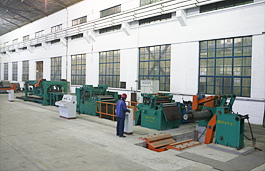
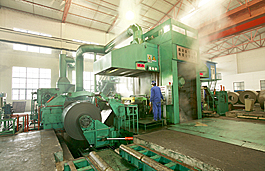
Packaging & Shipping
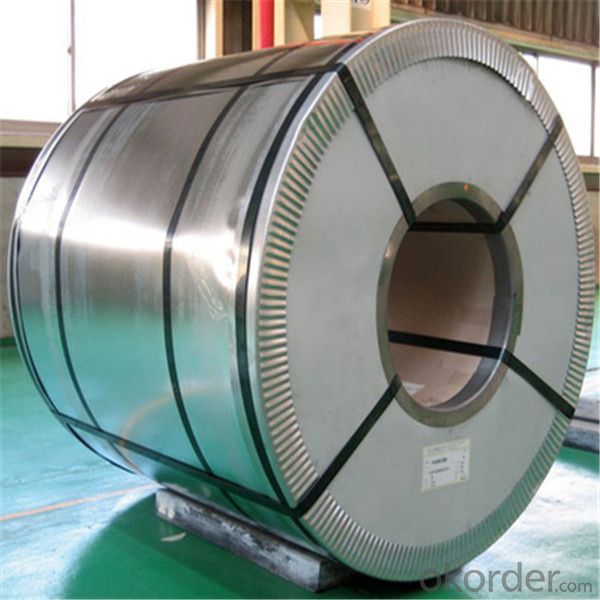
Our Services
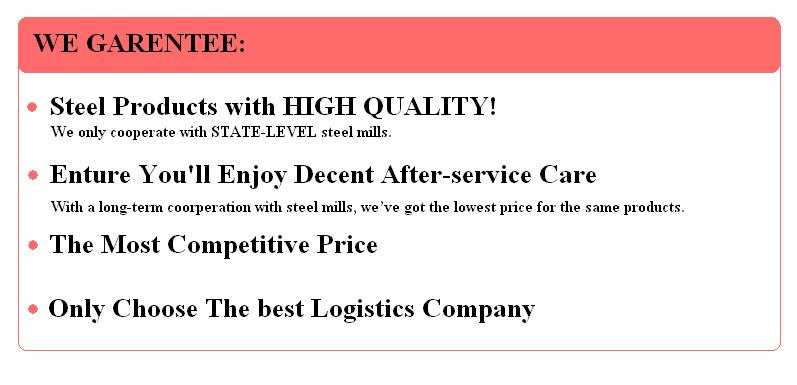
- Q: Can stainless steel strips be coated or painted?
- Yes, stainless steel strips can be coated or painted. Coating or painting stainless steel strips can provide a protective layer to prevent corrosion, enhance the appearance, or achieve a specific color or finish. There are various methods for coating or painting stainless steel, including powder coating, electroplating, and liquid paint. However, it is important to note that the surface of stainless steel must be properly prepared and cleaned before applying any coating or paint to ensure adhesion and long-term durability.
- Q: Can stainless steel strips be used in HVAC applications?
- Yes, stainless steel strips can certainly be used in HVAC (heating, ventilation, and air conditioning) applications. Stainless steel is a highly durable and corrosion-resistant material, making it ideal for use in HVAC systems where it may be exposed to moisture, chemicals, and varying temperatures. Stainless steel strips are commonly used for fabricating HVAC components such as ducts, pipes, fittings, and heat exchangers. They offer excellent strength, longevity, and resistance to rust and corrosion, ensuring the HVAC system's reliability and efficiency over time. Additionally, stainless steel's sanitary properties make it suitable for applications in cleanroom environments or for handling sensitive materials. Overall, stainless steel strips are a versatile and reliable choice for various HVAC applications.
- Q: Can stainless steel strips be used for heat sinks?
- Indeed, heat sinks can make use of stainless steel strips. Stainless steel possesses commendable thermal conductivity, enabling efficient heat transfer. Moreover, stainless steel exhibits remarkable corrosion resistance, rendering it a robust choice for heat sink purposes. Nevertheless, it is worth mentioning that stainless steel boasts lower thermal conductivity in comparison to widely employed materials such as copper or aluminum, typically employed for heat sinks. Thus, stainless steel strips might prove less efficient than alternative materials in dissipating heat in high-power applications.
- Q: How do stainless steel strips perform in corrosive marine environments?
- Stainless steel strips are highly resistant to corrosion and perform exceptionally well in corrosive marine environments. Due to their unique composition of chromium, nickel, and other alloying elements, stainless steel strips form a protective oxide layer on their surface, which acts as a barrier against corrosive elements such as saltwater, moisture, and atmospheric conditions present in marine environments. This corrosion-resistant property of stainless steel strips makes them ideal for various marine applications such as boat fittings, marine hardware, offshore platforms, and underwater structures. They can withstand the harsh conditions of saltwater, waves, and high humidity, without losing their structural integrity or aesthetic appeal. Furthermore, stainless steel strips offer excellent resistance to pitting and crevice corrosion, which are common types of corrosion encountered in marine environments. This ensures their long-term durability and reliability, even in highly corrosive conditions. Additionally, stainless steel strips are easy to clean and maintain, as they do not require any additional coatings or treatments to protect against corrosion. Regular cleaning with fresh water is typically sufficient to keep them in excellent condition. Overall, stainless steel strips are an excellent choice for corrosive marine environments due to their outstanding corrosion resistance, strength, and longevity. They provide a cost-effective and reliable solution that can withstand the challenges posed by the marine environment, ensuring a long-lasting performance.
- Q: How does the price of stainless steel strips vary?
- The price of stainless steel strips can vary based on several factors. Firstly, the grade or quality of stainless steel used in the strips significantly impacts the price. Stainless steel is available in various grades, ranging from the most common 304 and 316 grades to higher-end grades like 430 and 904L, each offering different properties and corrosion resistance. Generally, higher-grade stainless steel strips tend to be more expensive. Another factor that affects the price is the width, thickness, and length of the stainless steel strips. Thicker and wider strips require more raw material and processing, thus increasing the cost. Additionally, the length of the strips can impact the price, as longer strips may require special handling during transportation and storage. The market demand for stainless steel also plays a role in determining its price. When demand is high, prices tend to rise, and when demand is low, prices may decrease. Market dynamics, such as global supply and demand, trade tariffs, and economic conditions, can impact the price fluctuations of stainless steel strips. Lastly, the inclusion of additional services or treatments can affect the price. Surface finishes like brushed, polished, or coated strips may have higher costs due to the additional processing steps involved. Similarly, specialized treatments like heat treatment, edge conditioning, or slitting can also impact the price. Therefore, to determine the exact price of stainless steel strips, it is crucial to consider factors such as the grade, dimensions, market conditions, and any additional treatments required.
- Q: Can stainless steel strips be used in the production of medical implants?
- Yes, stainless steel strips can be used in the production of medical implants. Stainless steel is widely used in the medical industry due to its excellent corrosion resistance, durability, and biocompatibility. It can be easily fabricated into strips, which can then be shaped and formed into various medical implant devices such as orthopedic implants, surgical instruments, and dental implants.
- Q: How do stainless steel strips resist chemical exposure?
- Due to their unique composition and properties, stainless steel strips possess remarkable resistance against chemical exposure. Mainly comprised of iron, chromium, and other alloying elements like nickel and molybdenum, stainless steel forms a protective layer of chromium oxide on its surface. This chromium oxide layer acts as a barrier, effectively shielding the metal from chemical attack and preventing corrosion. The stability of this chromium oxide layer is exceptional, ensuring that the underlying metal remains unaffected by chemicals and corrosion. The self-healing and passive nature of stainless steel is what enables it to exhibit excellent resistance against a wide array of chemicals, including acids, alkalis, and corrosive substances. Furthermore, the chemical resistance of stainless steel strips can be further improved by modifying their composition or incorporating specific alloying elements. For instance, increasing the amount of nickel can bolster resistance against certain acids, while the addition of molybdenum can enhance resistance in chloride-containing environments. Moreover, the chemical resistance of stainless steel strips can be augmented through various surface treatments and coatings. These treatments encompass passivation, electropolishing, and the application of specialized coatings that offer enhanced protection against chemical exposure. In conclusion, the exceptional resistance to chemical exposure exhibited by stainless steel strips is a result of their inherent composition and the ability to customize their properties. This makes them highly suitable for a wide range of applications in industries such as chemical processing, pharmaceuticals, food processing, and more.
- Q: How do you remove scratches from stainless steel strips?
- To remove scratches from stainless steel strips, you can try a few methods: 1. Start by cleaning the surface with warm soapy water and a soft cloth. This will help remove any dirt or grime that may be masking the scratches. 2. Use a non-abrasive stainless steel cleaner or a mixture of baking soda and water. Apply the cleaner to a soft cloth and gently rub it onto the scratched area in a circular motion. Be sure to follow the grain of the stainless steel to avoid further damage. 3. For deeper scratches, you can use a stainless steel scratch remover or a metal polishing compound. Apply a small amount of the product onto a clean cloth and rub it into the scratch using a circular motion. Continue rubbing until the scratch fades or disappears. Make sure to wipe off any excess product and rinse the area with water. 4. Another option is to use a fine-grit sandpaper or a stainless steel polishing pad. Start with a lower grit sandpaper (around 400) and gently rub it over the scratch in the direction of the grain. Gradually move to higher grit sandpaper (800, 1000) for a smoother finish. Remember to clean the surface afterwards to remove any residue. 5. If the scratches are too deep or extensive, it may be necessary to hire a professional to repair or replace the stainless steel strips. Remember to always test any cleaning or polishing method on a small, inconspicuous area first to ensure it doesn't cause any damage.
- Q: Can stainless steel strips be used in cryogenic applications?
- Yes, stainless steel strips can be used in cryogenic applications. Stainless steel is known for its excellent resistance to extreme temperatures, including low temperatures found in cryogenic environments. It retains its strength and integrity even at very low temperatures, making it suitable for use in cryogenic applications. Additionally, stainless steel has good corrosion resistance, which is essential in cryogenic environments where moisture and other corrosive elements may be present. Overall, stainless steel strips are a reliable and durable choice for use in cryogenic applications.
Send your message to us
Stainless Steel Coil Price Per Ton 321 Quality
- Loading Port:
- Shanghai
- Payment Terms:
- TT OR LC
- Min Order Qty:
- 4 m.t.
- Supply Capability:
- 50000 m.t./month
OKorder Service Pledge
OKorder Financial Service
Similar products
Hot products
Hot Searches
Related keywords
